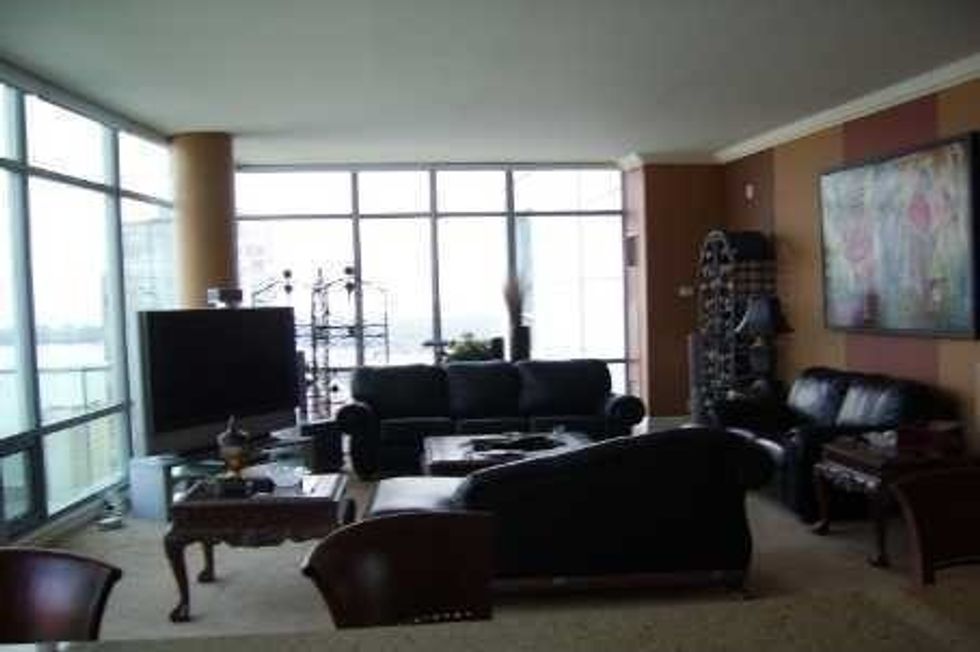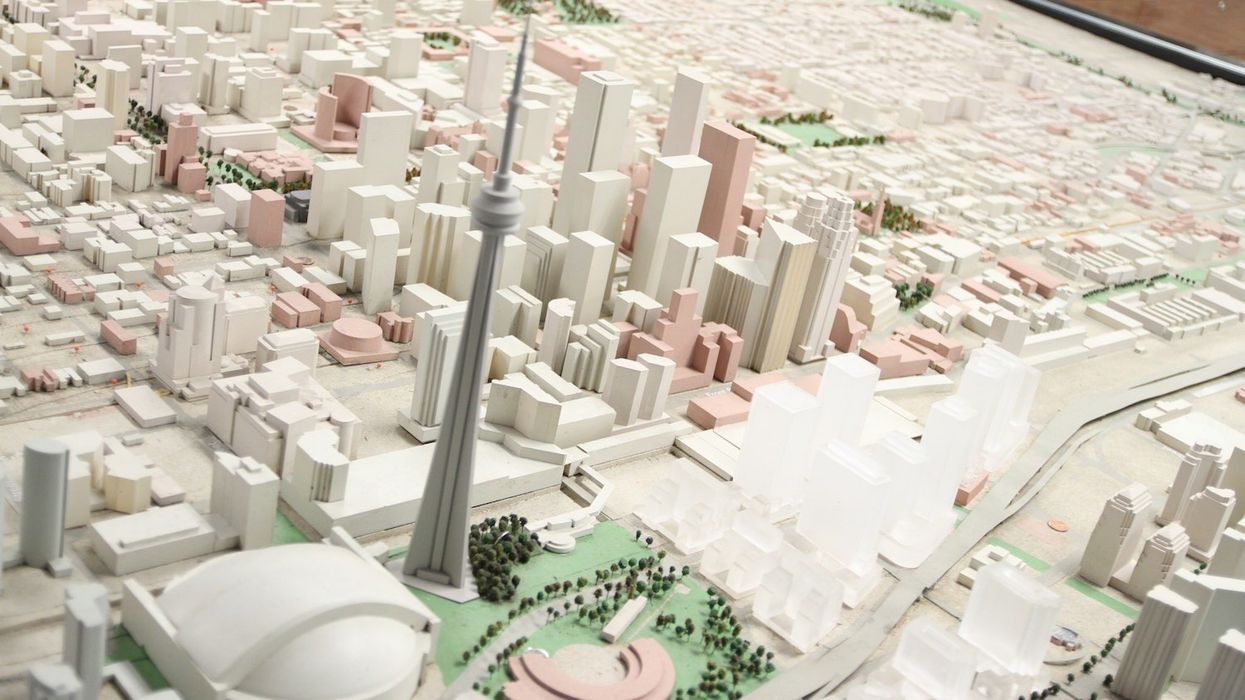
Toronto homeowners had better hope their city's red hot real estate market doesn't cool off anytime soon. If and when that happens, living in Canada's largest city would cost them a whole lot more than it already does.
The reason is the Municipal Land Transfer Tax (MLTT). In 2016, it resulted in a whopping 42 per cent of the increase in Toronto's tax revenue to the tune of $184 million. Were that to dry up, the city would have to look elsewhere to make up the shortfall. Most likely that would mean a hike in property tax rates, something Mayor John Tory and many city councillors ? not to mention homeowners ? vehemently oppose.
As the great 2017 budget debate made clear last week, Toronto's finances are shaky at best, unsustainable at worst. But, the city's chief financial officer pointed out, if the MLTT was eliminated, property taxes would have to be increased more than 25 per cent to compensate for the difference.
Though that sort of scenario keeps politicians awake at night, homeowners are still sleeping soundly. But for how long remains to be seen.
In fact, property taxes were hiked by only 2 per cent, or about $100 per year for the average Toronto homeowner, which is just below the rate of inflation. The result, city manager Peter Wallace reminded council, is that "from a property tax perspective (the city) is more affordable than it has been in the past. Overall, when we adjust for inflation ... property taxes are down relative to what they have been in the past."
In fact, though the dollar figures are higher, the relative cost of residential property tax has dropped since 1998 when Toronto was amalgamated. That's also because for 15 of the last 19 years, property tax increases have been at the rate of inflation or lower. And let's not forget that Toronto's property tax rates are already the lowest in the GTA.
At the same time, local homeowners have benefitted hugely from the astronomical rise in real estate values. Last year alone, the average price of a detached house in Toronto rose 22 per cent.
To compensate for the fixation on keeping property taxes artificially low, the 2017 budget also includes hikes in water and garbage collection fees and recreational charges as well as a 0.5 per cent special city-building levy. Combined, these will mean a total tax increase of 3.29 per cent.
Like the mayor, the headlines focused almost exclusively on property tax. As John Tory said in a statement released after the debate: "I am proud of City Council’s decision to keep Toronto property tax increases below the rate of inflation."
Yet even Tory's budget chief, Councillor Gary Crawford, had to admit that, "We should not be relying as much on the MLTT as we are. If that wasn't there, our property tax would likely be higher than other municipalities."
It was worrisome, then, that on the same day the budget was approved, Bank of Montreal chief economist Doug Porter declared that Toronto is now in a full-fledged housing bubble. "Let’s drop the pretence,” he wrote in his just-released report, “the Toronto housing market ? and the many cities surrounding it ? are in a housing bubble. According to Porter, "An apparent influx of foreign wealth, coupled with record-high demand and a shortage of detached properties, are driving the frothiest price increases since the late 1980s. Prices are even accelerating in segments and areas without shortages."
"I call this year's budget deja vu all over again," former city manager Joe Pennachetti said in radio interview last week. "Without (MLTT), the city would've been in dire straits for 2017 ... There's about $100 million they've pushed forward to 2018 and beyond. So going forward, it's going to be even more difficult than in the past. We're at the point now where we've hit the limit."
As Pennachetti pointed out, the cost of transit and housing alone will exceed $20 billion over the next 20 years. He proposes a civic sales tax. Others experts agree, but also argue for a portion of income tax.
Pennachetti did take heart from the 0.5 percent infrastructure levy, but he warned that it won't be enough. He would prefer that be increased to 1 per cent a year for five years.
Torontonians would happily pay, he insists, because they would see the results. On the other hand, when much of that cash is earmarked for projects as ill-considered as Tory's $3.2-billion, one-stop Scarborough subway, critics aren't hard to find.
But there's no reason to worry; planning for the 2018 budget has already begun. After all, it's less than 12 months away. Which makes one wonder: Why do we go through this agony annually? Wouldn't doing it every two or three years be enough? Imagine if the thousands and thousands of hours that go into drawing up the budget could be put to more productive purposes. How much more efficient would that make us? How much money would it save?
Chances are we'll never find out.





















